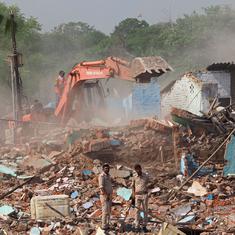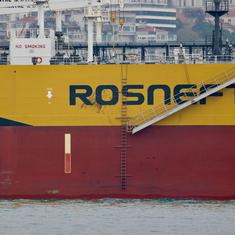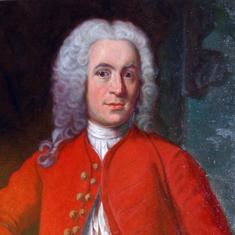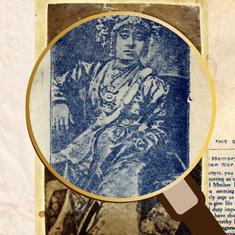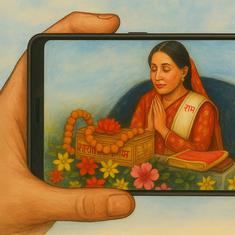India, Canada agree to reinstate high commissioners
Other diplomatic steps will ‘follow in due course’, New Delhi said amid thaw in bilateral ties.

India and Canada on Tuesday agreed to designate new high commissioners in each other’s capitals after Prime Minister Narendra Modi and his Canadian counterpart Mark Carney held a bilateral meeting on the sidelines of the Group of Seven summit.
India’s Ministry of External Affairs said that both sides agreed to take steps “to restore stability in the relationship, beginning with the early return of high commissioners to each other’s capitals”.
Other diplomatic steps will “follow in due course”, Foreign Secretary Vikram Misri said. He added that the two prime ministers also agreed to resume “senior and working-level mechanisms and discussions in a host of areas related to trade, people-to-people contact and connectivity”.
PM @narendramodi met with PM @MarkJCarney of Canada on the sidelines of the #G7 Summit in Kananaskis, Canada.
— Randhir Jaiswal (@MEAIndia) June 18, 2025
They had a productive discussion on the way forward for 🇮🇳-🇨🇦 bilateral ties.
🎥 Listen to Foreign Secretary Vikram Misri speak on the understanding reached. pic.twitter.com/hKqXrTcOIn
In remarks alongside Carney, Modi noted that several Canadian companies have investments in India, and that Indian citizens have made major contributions in Canada.
The Indian prime minister expressed confidence that in the coming days, the two countries “will achieve significant progress together in several sectors”.
Sharing my remarks during meeting with PM @MarkJCarney of Canada. https://t.co/rPd42cqsbv
— Narendra Modi (@narendramodi) June 17, 2025
The Ministry of External Affairs said on Tuesday that Modi and Carney “reaffirmed the importance of India-Canada ties, based on shared democratic values, respect for the rule of law and commitment to upholding the principles of sovereignty and territorial integrity”.
A statement by the Canadian prime minister’s office said that Carney “raised priorities on the G7 agenda, including transnational crime and repression, security, and the rules-based order”.
The decision to designate new high commissioners was taken “with a view to returning to regular services to citizens and businesses in both countries,” his office added.
The G7, an informal grouping of advanced economies, comprises France, the United Kingdom, Canada, Germany, Italy, Japan and the United States. The annual summit of G7 leaders was held in Kananaskis, Canada between Sunday and Tuesday.
India was among the invitees to the summit, which Modi attended.
On October 14, the Indian government said it was withdrawing its High Commissioner Sanjay Kumar Verma and some other diplomats from the North American country. It also announced that it had expelled six Canadian diplomats.
Ottawa also said that it had expelled six Indian diplomats, but Delhi maintained that the personnel had been withdrawn before the Canadian decision.
This had come as New Delhi rejected diplomatic communication from Canada naming Verma and other Indian envoys as “persons of interest” in an investigation in the country.
While it was unclear which investigation Ottawa was referring to, reports said that it was related to the June 2023 murder of Sikh separatist Hardeep Singh Nijjar in Canada.
Ties between India and Canada had strained in September 2023 after Justin Trudeau, the Canadian prime minister at the time, told his country’s parliament that intelligence agencies were actively pursuing “credible allegations” tying agents of the Indian government to Nijjar’s murder.
Nijjar was a supporter of Khalistan, an independent Sikh nation sought by some groups. He was the head of the Khalistan Tiger Force, which is designated a terrorist outfit in India.
New Delhi has rejected Canada’s allegations, describing them as absurd and motivated.
Also read: As Trudeau was stranded in Delhi, India-Canada relations fell to a new low
Four Indian citizens are facing trial in Canada in connection with Nijjar’s murder. They face charges of first-degree murder and conspiracy to commit murder.
In January, a Canadian inquiry panel also accused India of interfering in the country’s electoral process by clandestinely providing financial support to political leaders and engaging in disinformation.
The Indian external affairs ministry rejected the Canadian inquiry commission’s report, and alleged that it was in fact Canada that was consistently interfering in India’s internal affairs.
